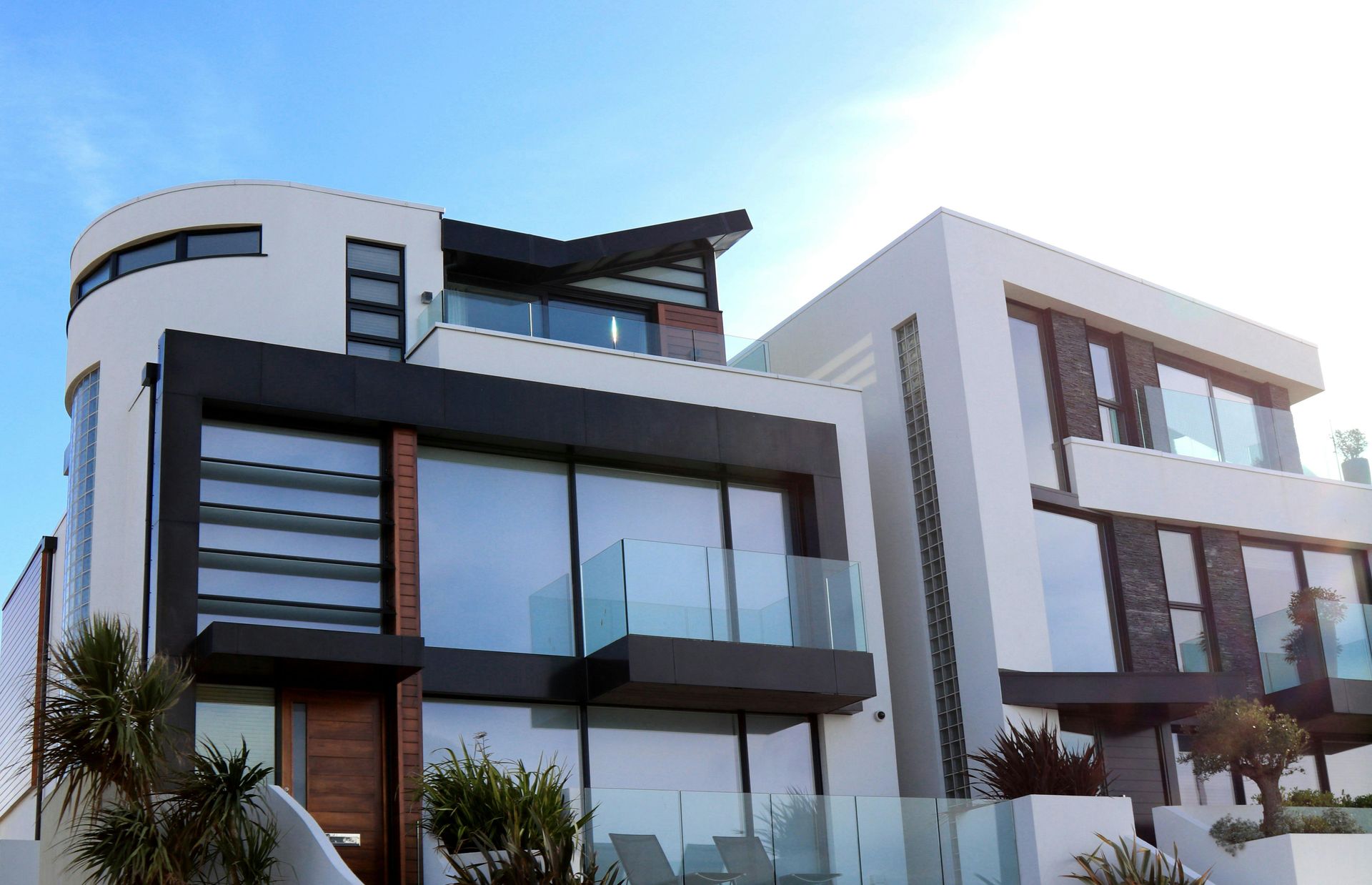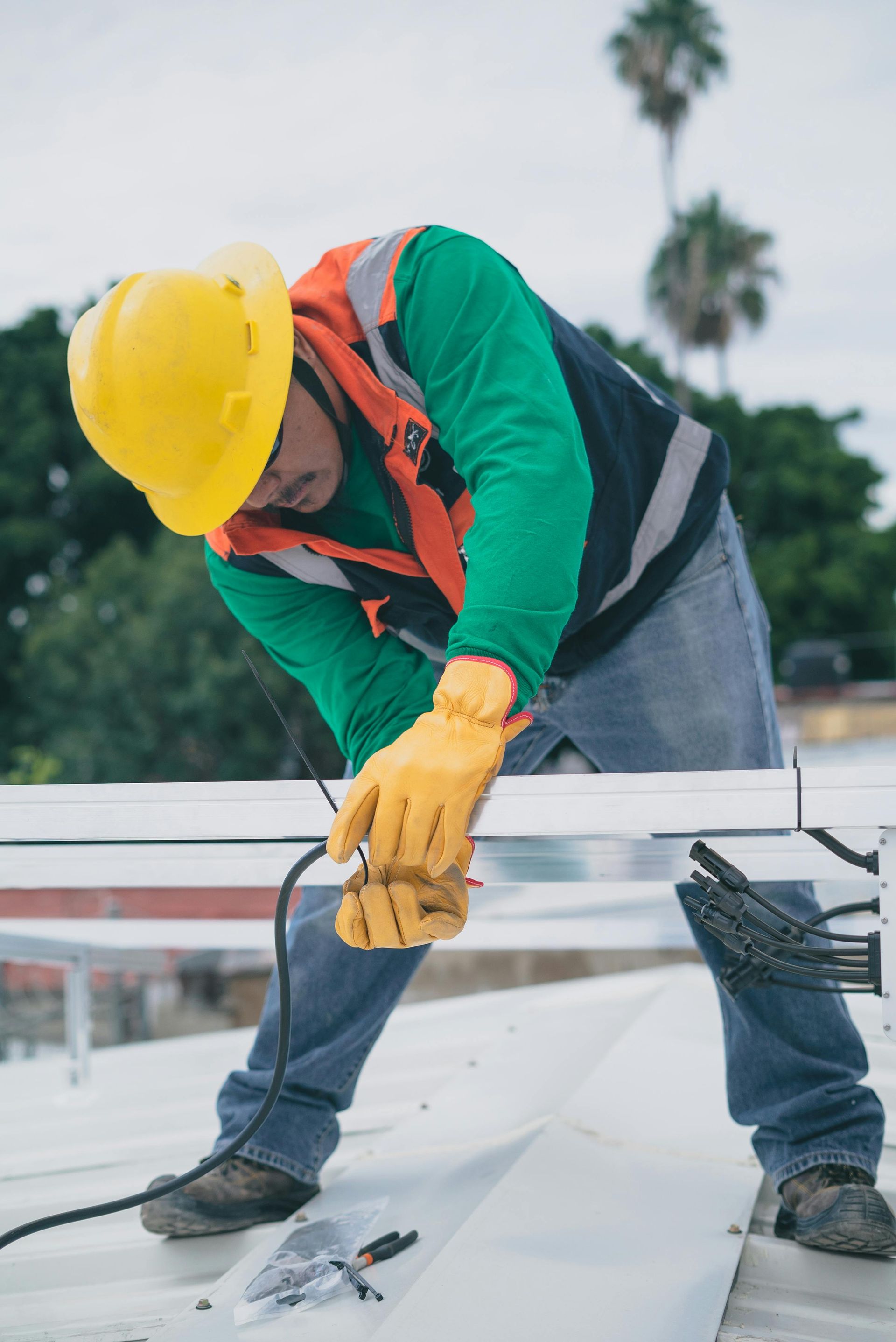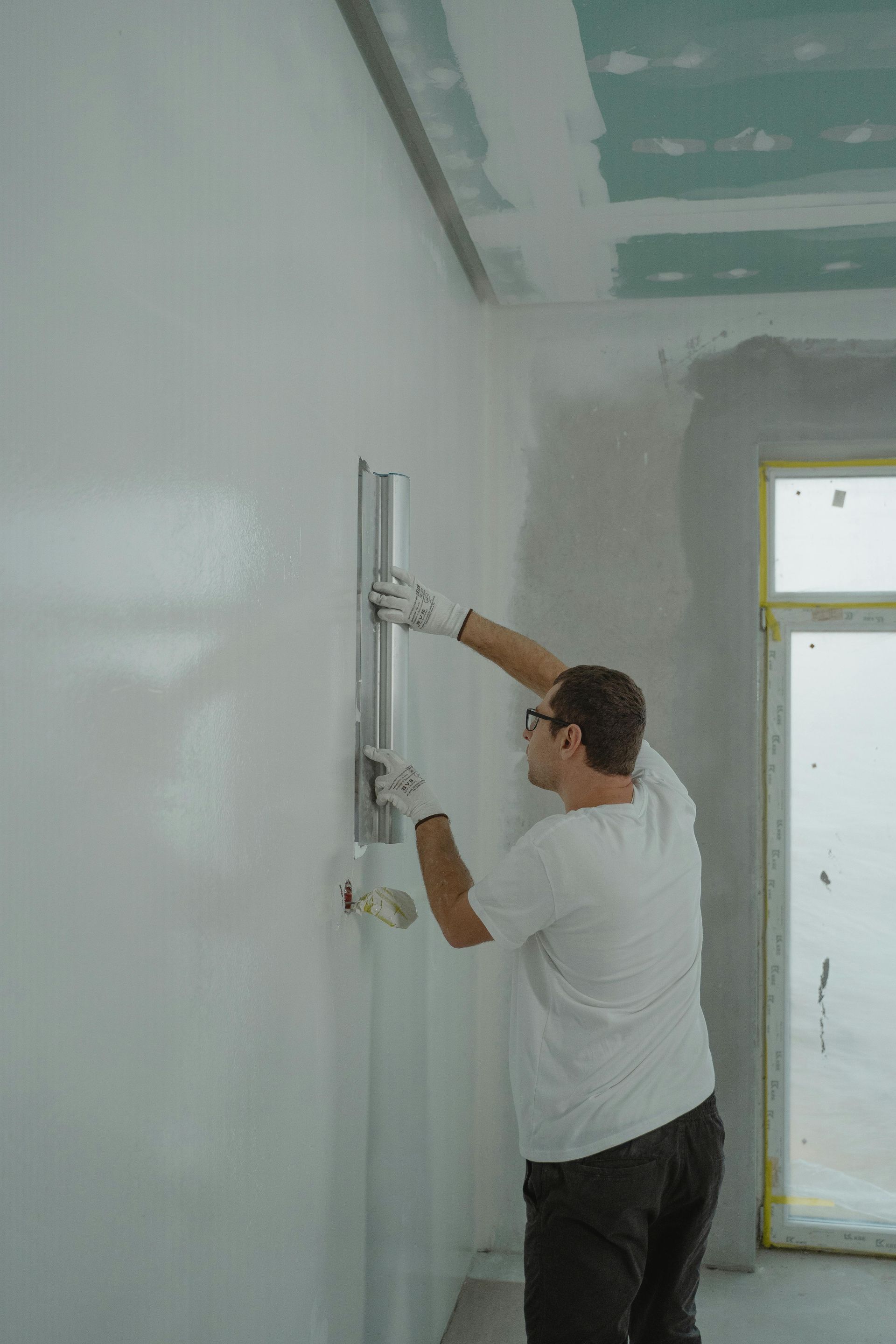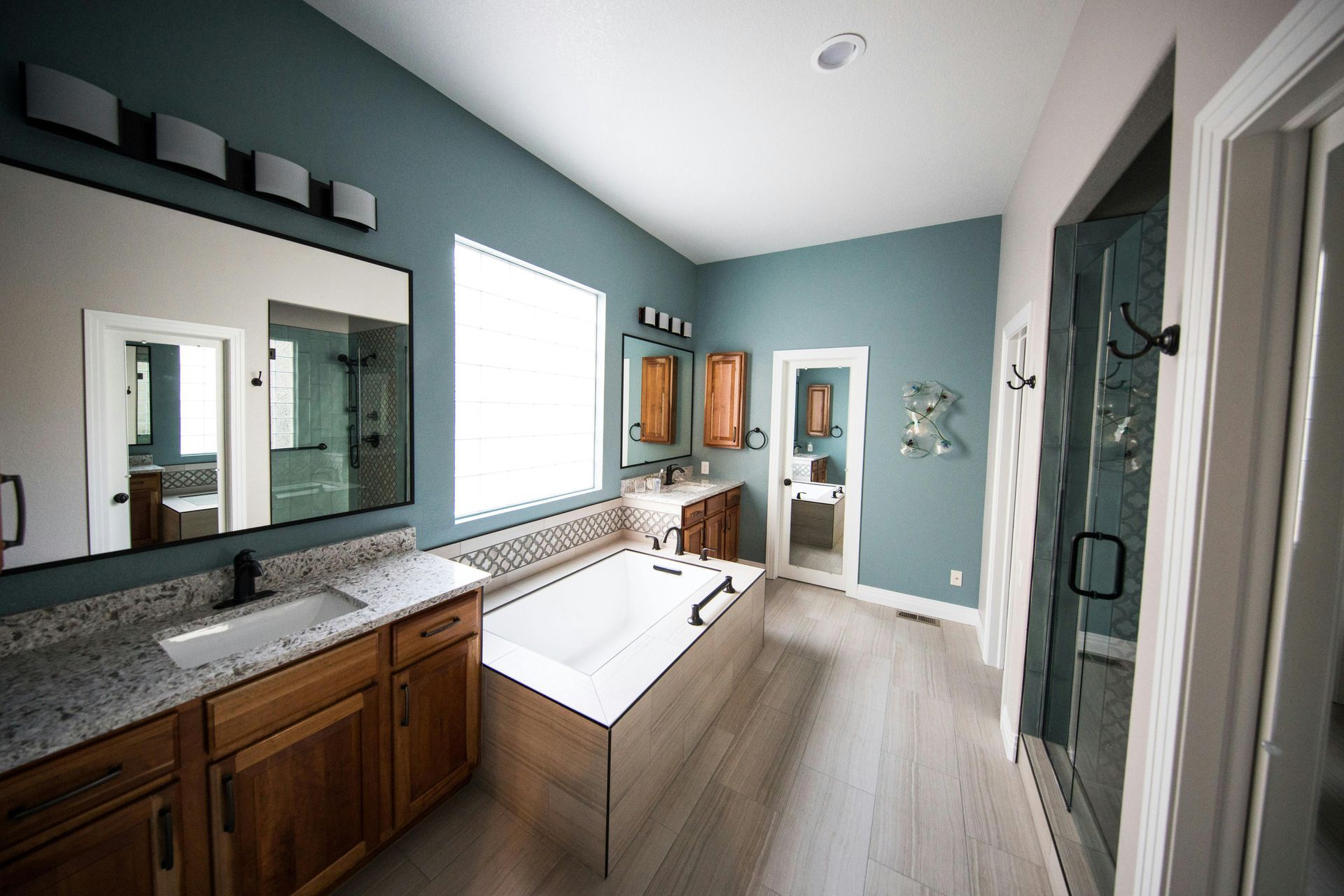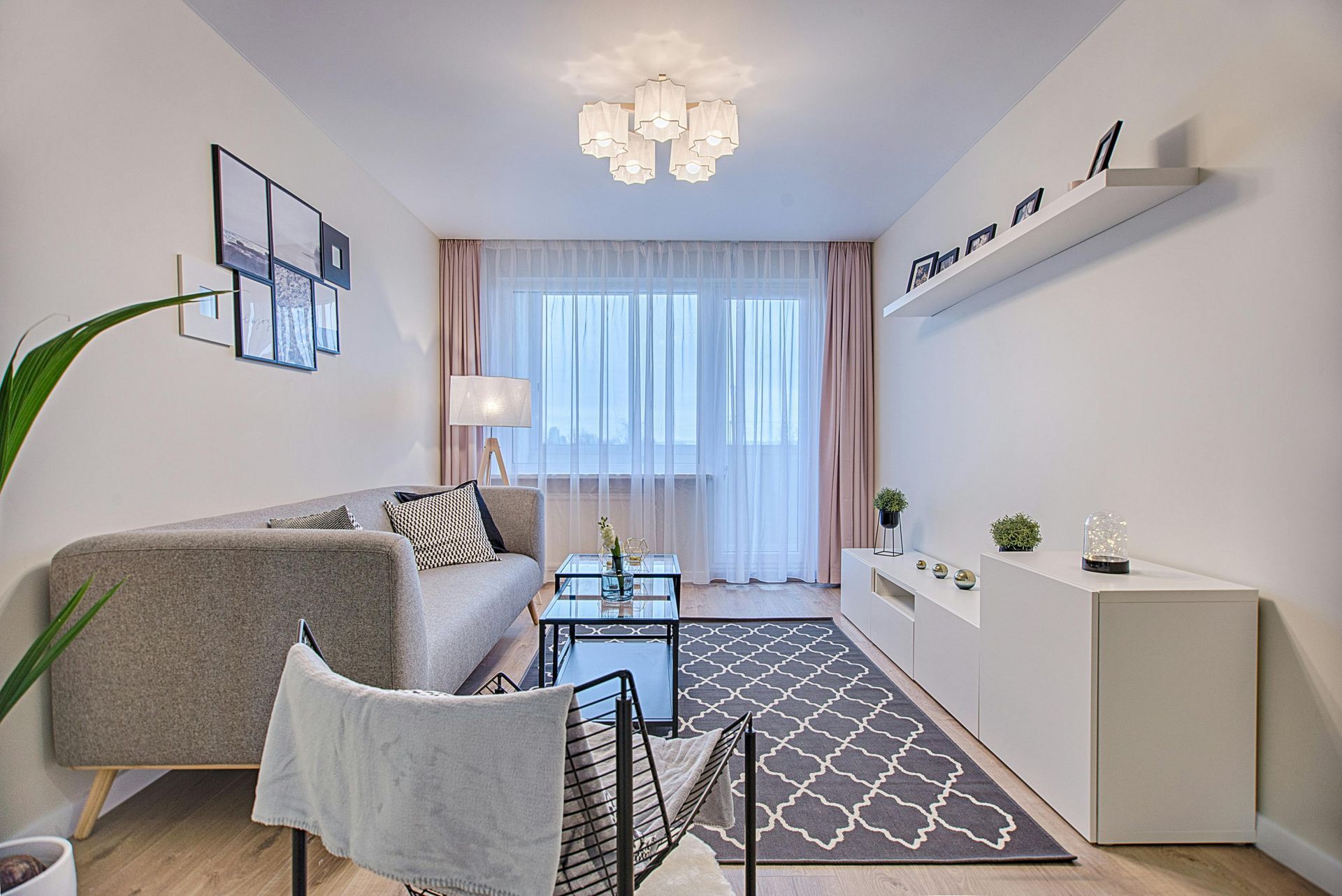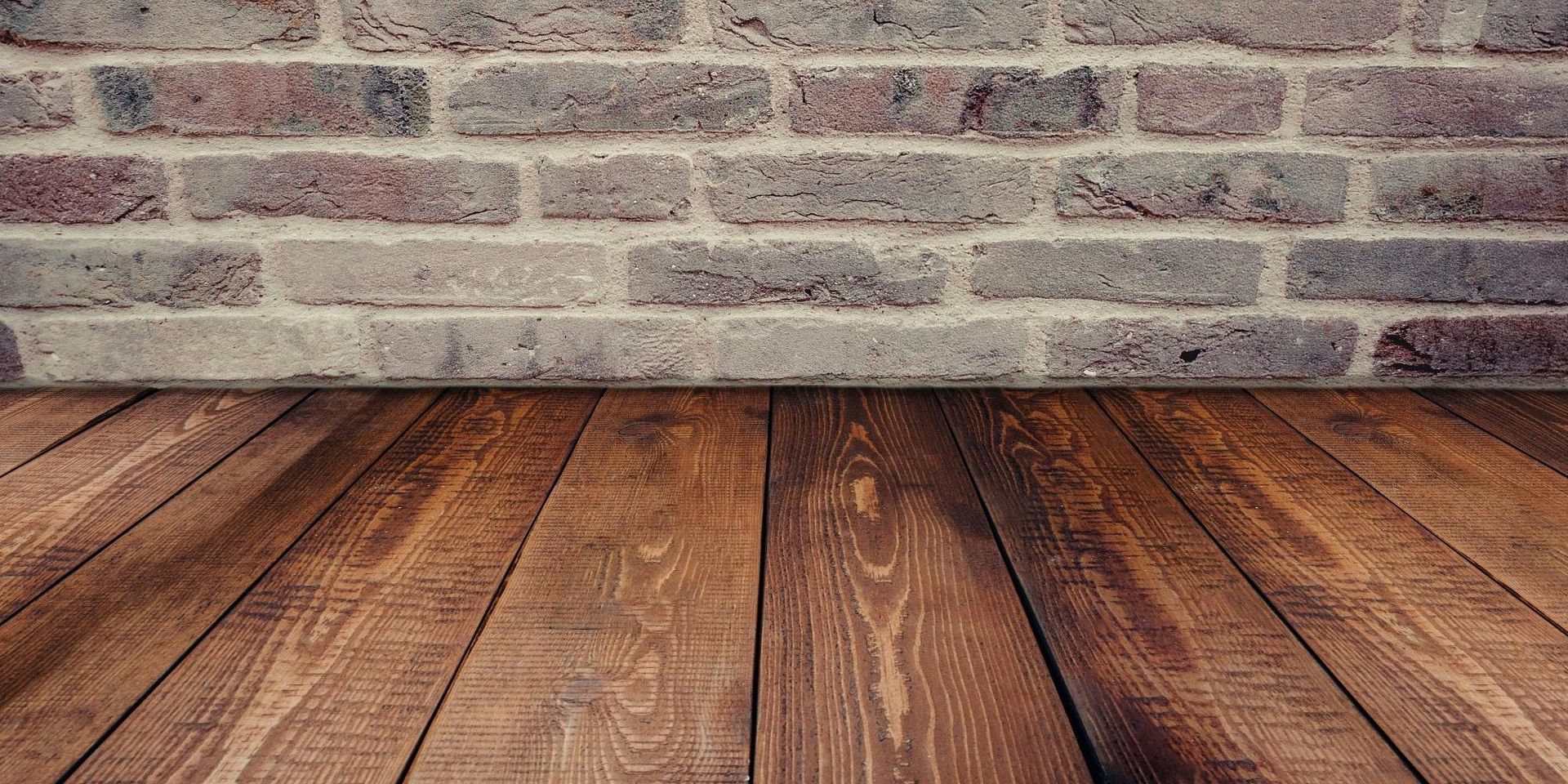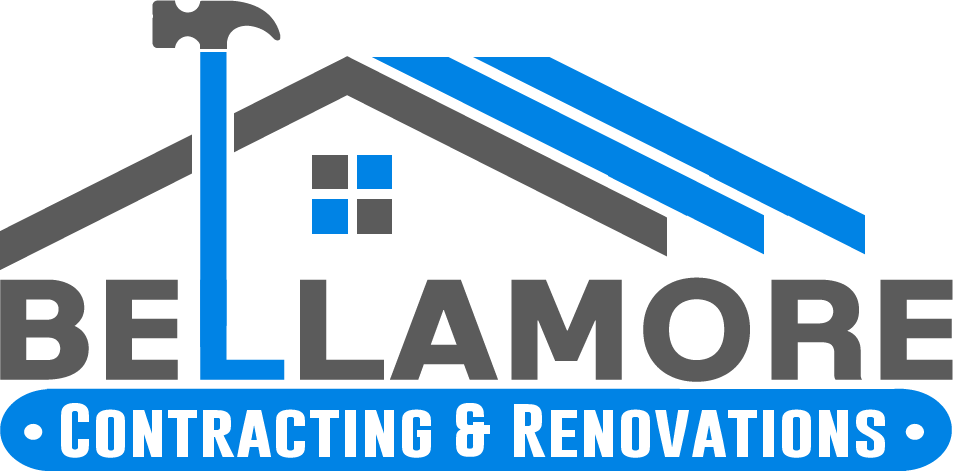Licensed (#RBC-21-01654) & Insured
Local References Available Upon Request
Licensed (#RBC-21-01654) & Insured | Local References Available Upon Request
Designing and Building a Custom Home That Fits Your Lifestyle
Building a new construction home is an exciting opportunity to create a space tailored to your lifestyle, needs, and personal tastes. Unlike purchasing an existing home, a new build offers complete customization, energy efficiency, and the latest in home technology, all while avoiding the maintenance concerns that often come with older properties. Whether envisioning a modern architectural masterpiece, a cozy retreat, or a spacious family-friendly haven, the process of building a home from the ground up allows you to bring your vision to life with precision and care.
The Advantages of New Construction Homes
Customization is one of the most compelling reasons to opt for a new construction home. Instead of adapting to a layout designed for someone else’s needs, homeowners have the freedom to select everything from the floor plan to finishes, fixtures, and materials. This level of personalization ensures that every detail aligns with both aesthetic preferences and functional requirements.
Newly built homes also come with energy-efficient features that reduce long-term utility costs. Innovations such as high-performance insulation, energy-efficient windows, and smart climate control systems improve sustainability while maintaining comfort. Many new builds incorporate solar panels, smart thermostats, and eco-friendly appliances, helping homeowners reduce their carbon footprint without sacrificing convenience.
Low maintenance is another significant benefit. Since everything in a newly constructed home is brand-new, homeowners can expect fewer repair issues compared to older properties. Many builders offer warranties that cover structural components, electrical systems, and plumbing, providing peace of mind in the initial years of homeownership.
Modern technology is seamlessly integrated into new construction homes. From built-in smart home automation systems to high-speed networking capabilities, these homes are designed to accommodate the demands of modern living. Features such as voice-controlled lighting, remote-access security systems, and energy-efficient appliances contribute to a more connected and convenient lifestyle.
Thoughtful design and optimized layouts are prioritized in new builds. Open-concept floor plans, spacious kitchens, and multi-functional rooms reflect contemporary living trends, offering both style and practicality. Homeowners can create spaces that work for their family’s needs today while allowing for future adaptability as lifestyles change.
The Step-by-Step Process of Building a New Home
Selecting the right site is the foundation of a successful new home build. The location influences property value, accessibility, and lifestyle convenience. Factors such as school districts, commuting distance, and neighborhood amenities should all be considered when choosing a lot. Once a site is selected, preparing the land involves clearing debris, grading, and ensuring that the soil and foundation are stable.
The design and planning phase is where the vision takes shape. Collaborating with architects, designers, and builders ensures that the home meets both aesthetic and functional goals. This stage includes selecting a floor plan, choosing structural elements, and considering long-term design flexibility.
Budgeting and financing are critical components of the building process. Understanding costs upfront and securing financing with a construction loan or mortgage helps homeowners stay on track financially. Working with builders to develop a transparent cost breakdown prevents unexpected expenses and ensures that financial planning remains realistic.
Material selection plays a vital role in determining the quality and longevity of a new home. Homeowners can choose from a wide range of materials for countertops, flooring, cabinetry, and exterior finishes. Sustainable and energy-efficient options add value while contributing to long-term cost savings and environmental responsibility.
The construction phase is when the home begins to take physical form. The process involves laying the foundation, framing the structure, installing plumbing and electrical systems, and adding insulation and drywall. Each phase requires careful inspections to ensure quality and compliance with building codes. Once major construction is complete, interior finishes such as flooring, paint, cabinetry, and fixtures bring the home’s aesthetic vision to life.
Final inspections and walkthroughs provide an opportunity to identify any last-minute adjustments or necessary touch-ups. Ensuring that every element meets expectations before moving in prevents future headaches and ensures that the home is in perfect condition before occupancy.
Key Considerations for a Successful Home Build
Selecting the right builder is one of the most important decisions in the home construction process. Researching builder portfolios, reading reviews, and visiting completed projects provide insight into their workmanship and reliability. A reputable builder ensures that timelines are met, quality is upheld, and communication remains transparent throughout the project.
Understanding local permits and regulations is crucial for a smooth building process. Each city and municipality has zoning laws and construction codes that must be followed. Working with professionals who understand these legal requirements helps avoid delays and ensures that the home is built to code.
Efficient space planning is essential for maximizing both function and comfort. Open floor plans, ample storage, and multi-purpose rooms enhance the livability of a home. Considering lifestyle needs, such as home offices, guest suites, or entertainment areas, ensures that the layout remains practical for years to come.
Future-proofing a home adds long-term value and adaptability. Designing spaces with flexible layouts, incorporating universal design principles, and integrating energy-efficient technology allows the home to evolve with the needs of its occupants.
Exterior design and landscaping play a significant role in curb appeal and outdoor enjoyment. Features such as front porches, patios, gardens, and driveways should complement the home’s overall design. Thoughtful landscaping enhances the aesthetic appeal while providing functional outdoor spaces for relaxation and entertainment.
Innovations in New Construction Homes
Smart home technology has become a standard feature in new builds. Home automation systems control lighting, security, and climate settings through mobile apps and voice commands. Smart appliances, keyless entry, and energy-efficient monitoring systems enhance convenience and efficiency.
Green building practices continue to rise in popularity. Many new construction homes incorporate energy-efficient windows, sustainable building materials, and eco-friendly insulation. Solar panel installations, rainwater collection systems, and electric vehicle charging stations contribute to a sustainable lifestyle.
Modern architectural trends reflect the evolving needs of homeowners. High ceilings, large windows, and open spaces create a sense of expansiveness. Multi-purpose rooms that can function as home offices, workout areas, or guest rooms add versatility to a home’s design.
Luxury finishes bring elegance and sophistication to new construction homes. Quartz and marble countertops, high-end flooring, and custom cabinetry elevate the overall aesthetic. Innovative lighting solutions, such as recessed LED fixtures and pendant lights, add ambiance and character to interior spaces.
Common Mistakes to Avoid in New Construction
Failing to plan for future needs can lead to costly renovations later. Designing a home that accommodates growth, lifestyle changes, and accessibility ensures long-term satisfaction.
Skipping the inspection process is a critical mistake. While new homes undergo professional construction, independent inspections help identify potential issues before they become major concerns.
Mismanaging the budget can lead to financial strain. Including contingency funds for unexpected costs and sticking to the original plan prevents overspending.
Rushing design decisions can result in regret down the line. Taking the time to choose materials, fixtures, and finishes carefully ensures a home that reflects personal style and quality.
Overlooking energy efficiency upgrades can be a missed opportunity. Investing in insulation, energy-efficient HVAC systems, and high-quality windows reduces operational costs over time.
The Final Walkthrough and Moving Into Your New Home
Before officially moving in, a final walkthrough ensures that everything meets expectations. This step allows homeowners to check for any final touch-ups, confirm that all appliances and systems function correctly, and address any outstanding concerns with the builder.
Understanding warranties and maintenance plans helps protect the investment in a new home. Learning about recommended upkeep for flooring, HVAC systems, and exterior finishes keeps the home in optimal condition.
Personalizing the space with furniture, décor, and landscaping completes the transition from a construction project to a home. Hosting a housewarming celebration marks the beginning of a new chapter in a beautifully crafted living space.
Bringing Your Dream Home to Life
Building a new construction home is an opportunity to create a space that reflects personal style, functional needs, and long-term goals. With careful planning, expert craftsmanship, and attention to detail, homeowners can enjoy a modern, efficient, and beautifully designed home built to last for generations. Working with a trusted builder ensures that the process is smooth, enjoyable, and rewarding from start to finish.

